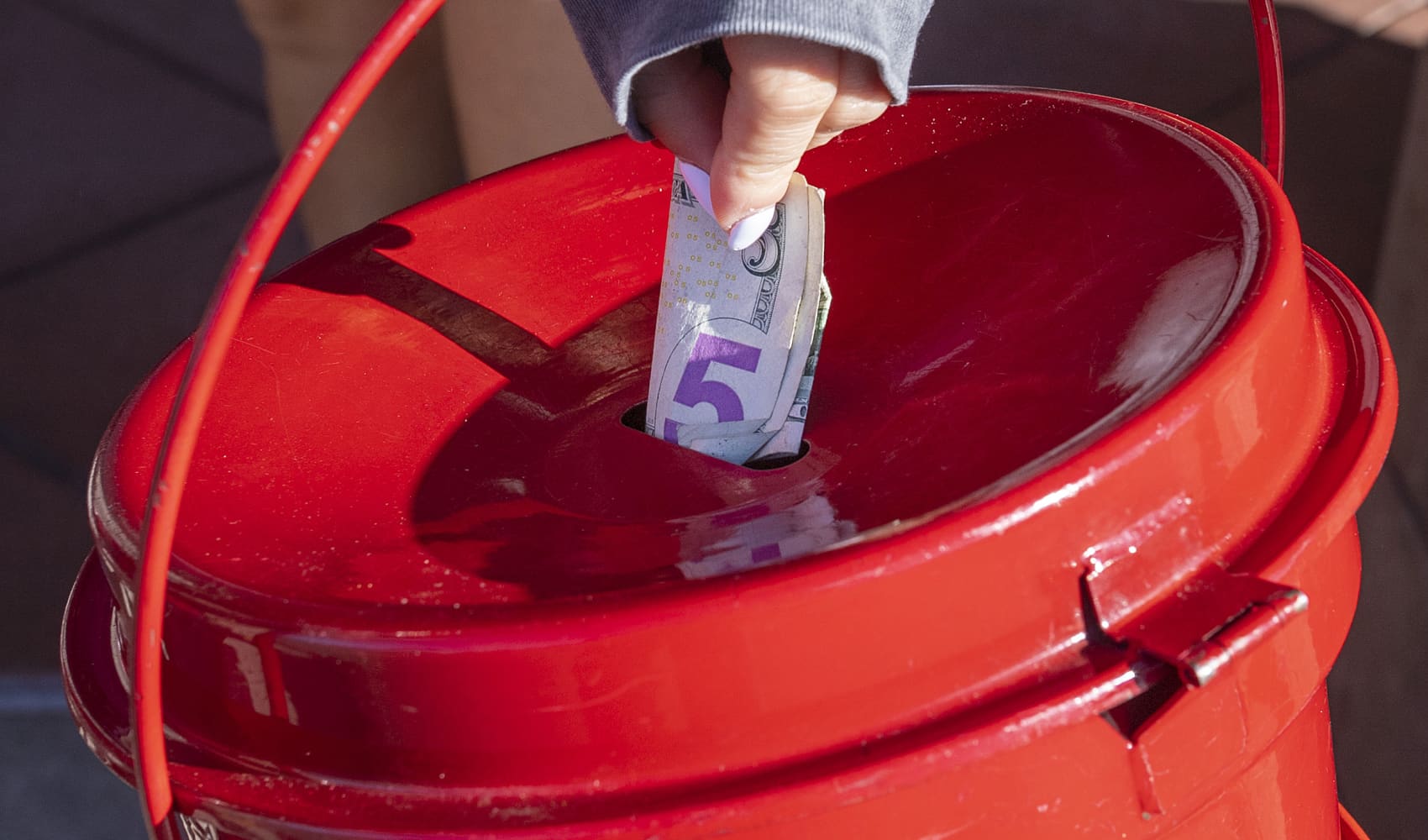
- Mastercard is the second largest card network in the U.S. today.
- While Visa outpaces Mastercard in almost every aspect, Mastercard's stock has outperformed Visa's over the past 5 years.
- One edge that Mastercard has over Visa is its position in the international market.
Mastercard is one of the world's most recognizable brands today.
It is the second largest card network in the U.S., accounting for more than a quarter of all purchase volume using a payment card, according to Nilson Report.
As the world transitions to a more cashless society, Mastercard's value has continued to soar. The company in May 2023 had a market cap of over $360 billion, and its shares have seen a nearly 100% gain over the past five years.
"Post-financial crisis, pre-pandemic, Mastercard grew earnings at a 10-year CAGR [compound annual growth rate] of 20%," according to Lisa Ellis, a senior research analyst at MoffettNathanson, LLC. "For context, earnings growth of the S&P, market overall is like in the high single digits."
While Visa outpaces Mastercard in terms of cards in circulation, net revenue and market share based on purchase transactions, Mastercard's stock has outperformed Visa's over the past 5 years.
Get Tri-state area news delivered to your inbox. Sign up for NBC New York's News Headlines newsletter.
"It has faster top-line growth and it has that acquisitive nature that gives it a premium," said Dominick Gabriele, senior analyst at Oppenheimer & Co. "People do believe one day it could get to that same margin that Visa has and they're also taking some partners away."
Money Report
One edge that Mastercard has over Visa is its position in the international market.
"Visa did not use to own Visa Europe. It was branded Visa, but it was still a separate entity," said Ellis. "Back in 2016, 2017, Visa was able to buy Visa Europe, and they have gone through a huge effort to modernize Visa's operations in Europe. But in the meantime, Mastercard has taken advantage of that sort of disruption to outgrow Visa significantly in Europe."
"That's obviously a really big cross-border hub as well," explained Gabriele. "So, it's kind of a double benefit to revenue when you have more market share in Europe in particular."
Visa did not respond to CNBC's request for comment in time for publication.
Watch the video above to see how Mastercard is competing favorably against the No. 1 card company Visa.






